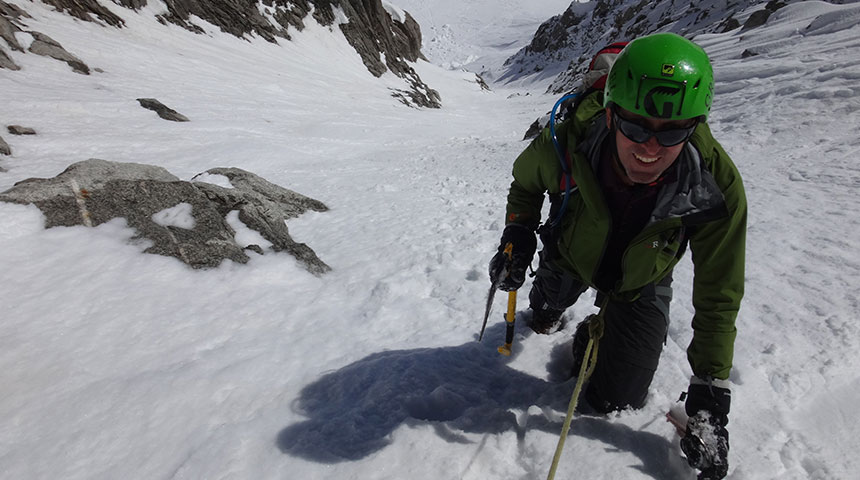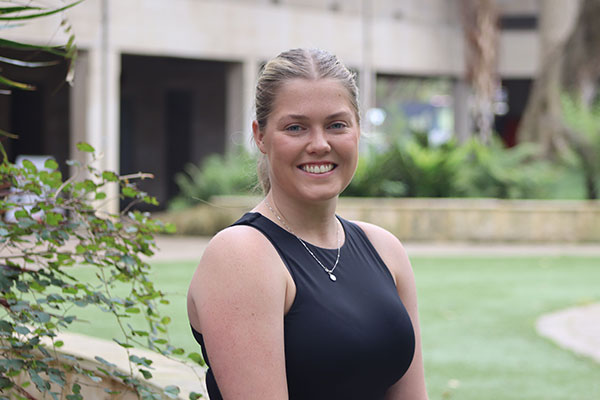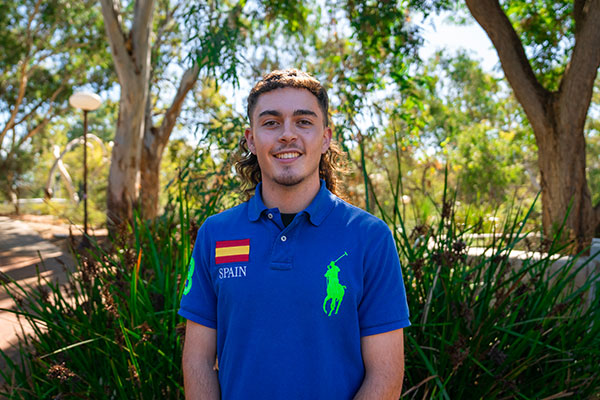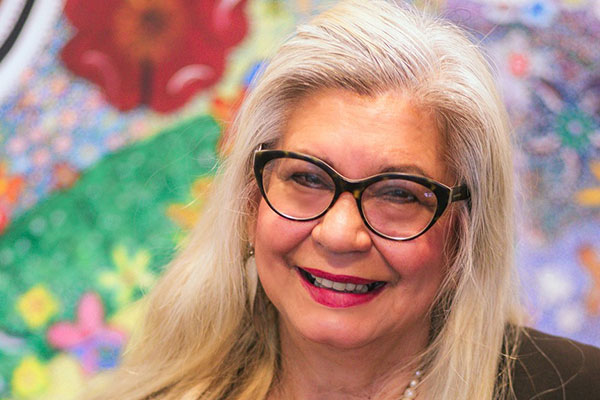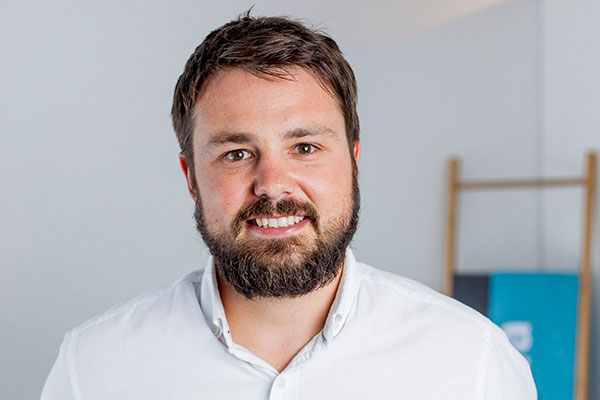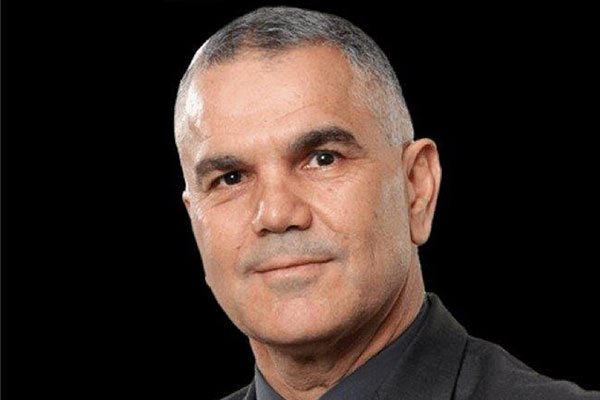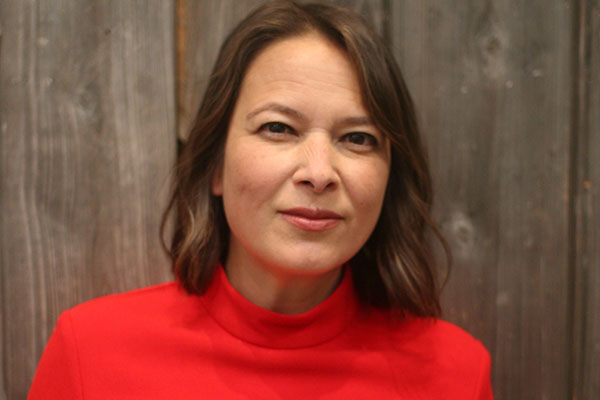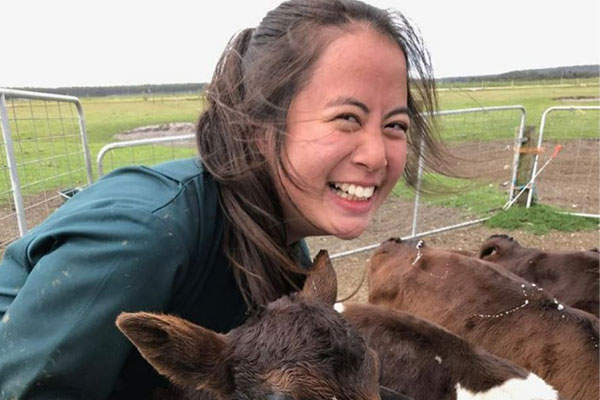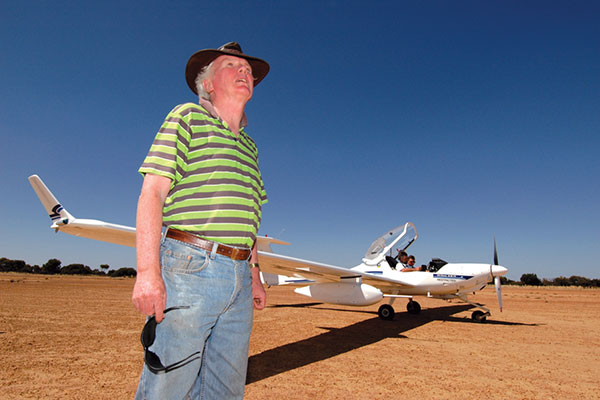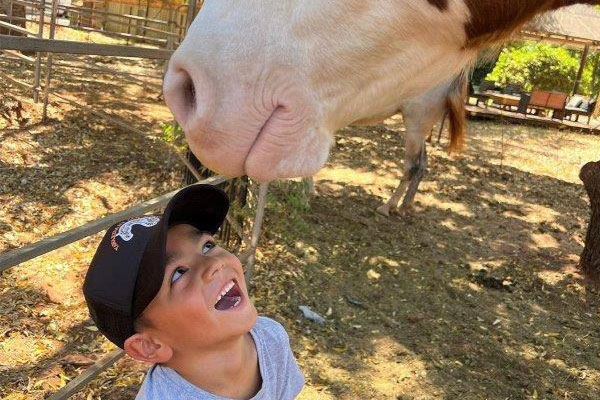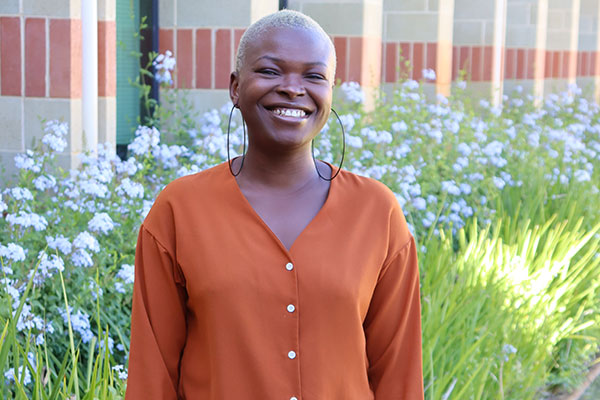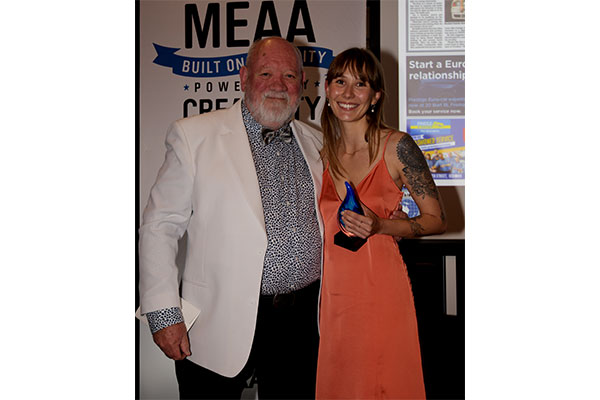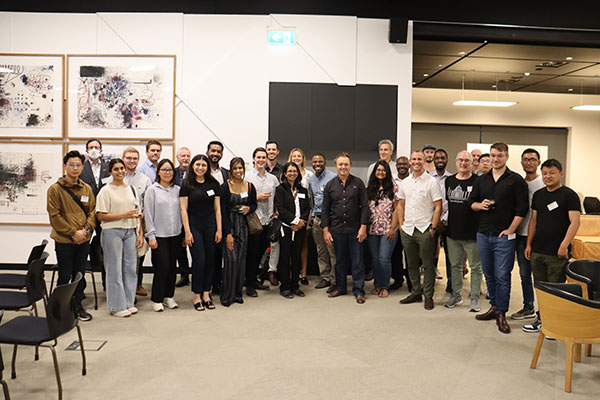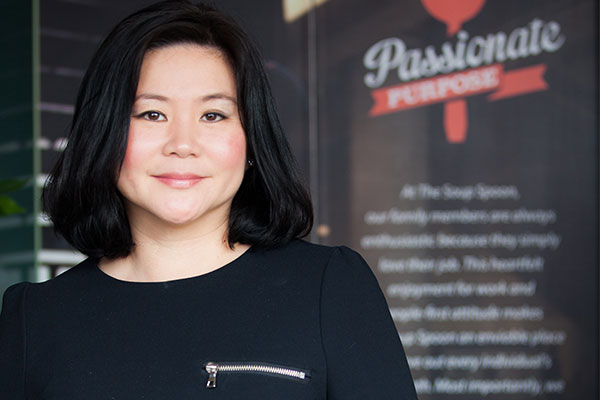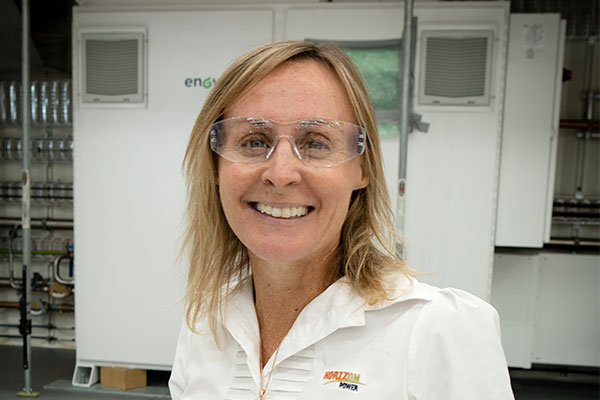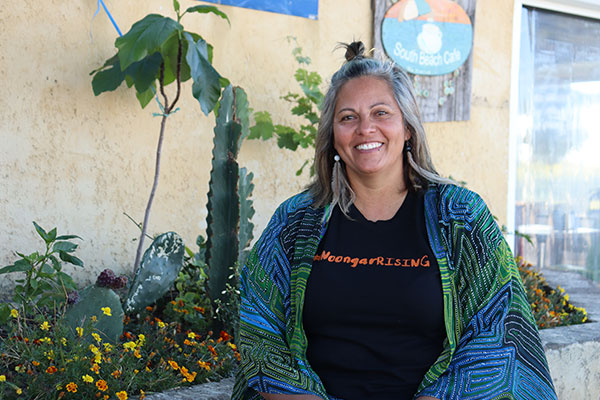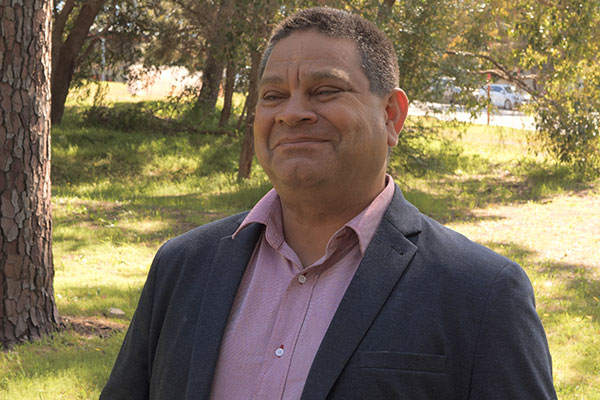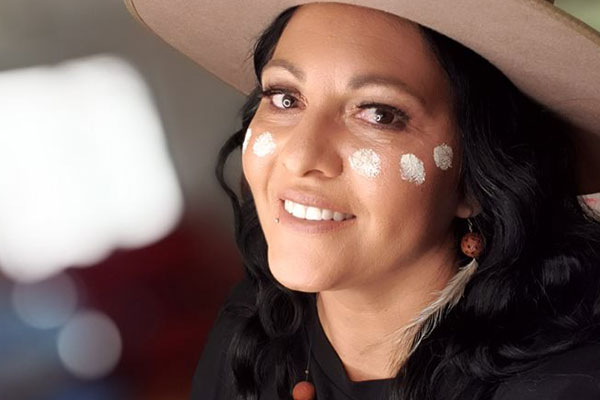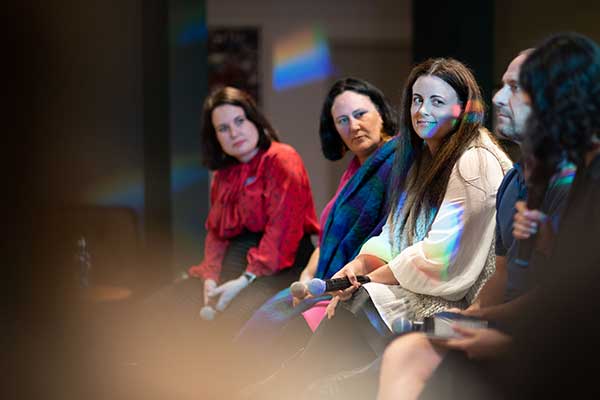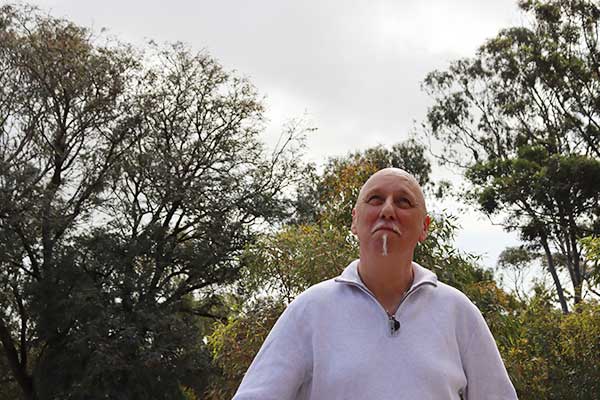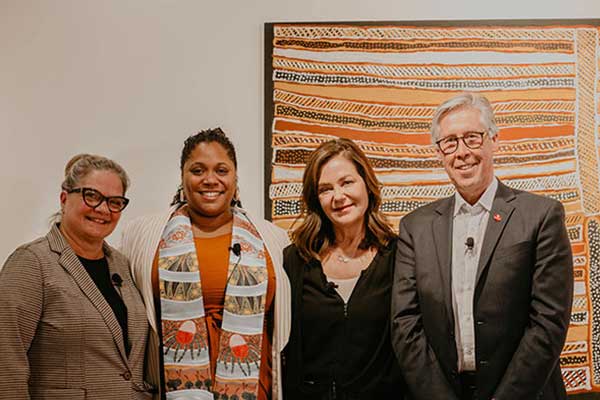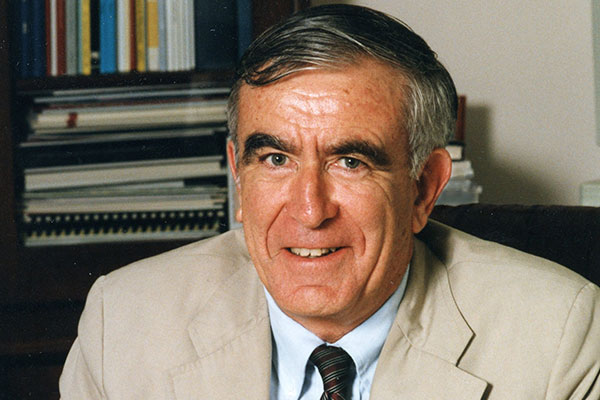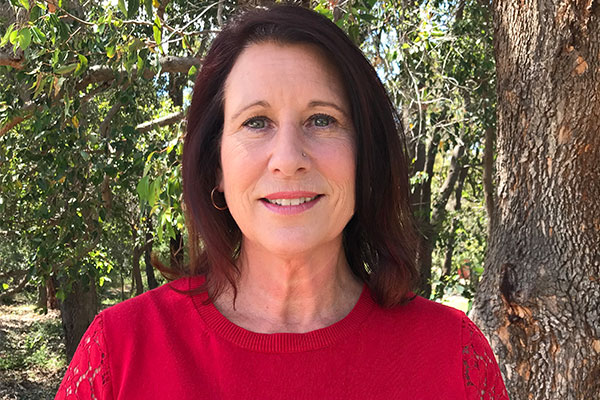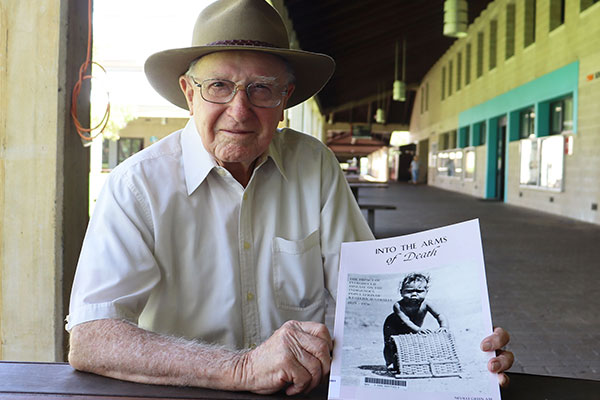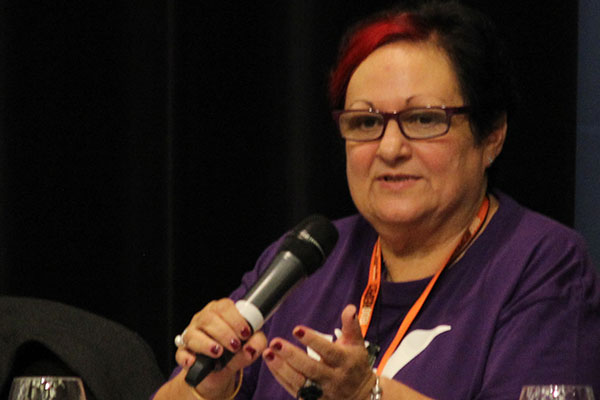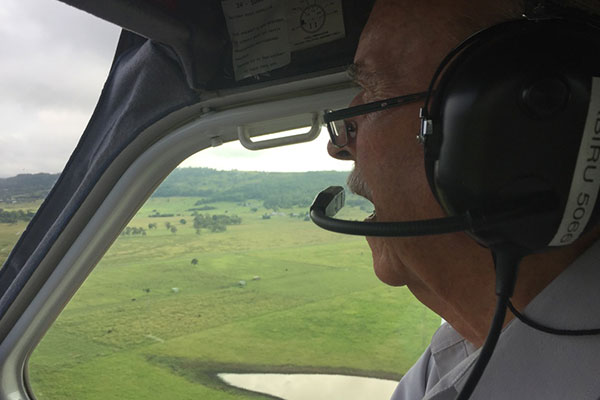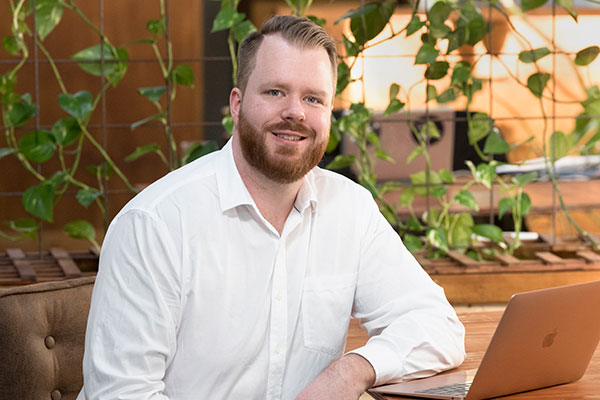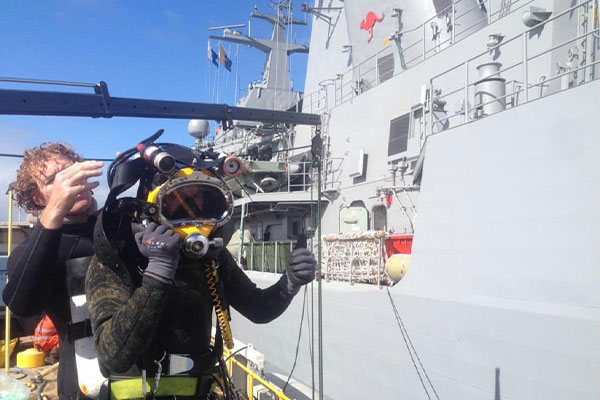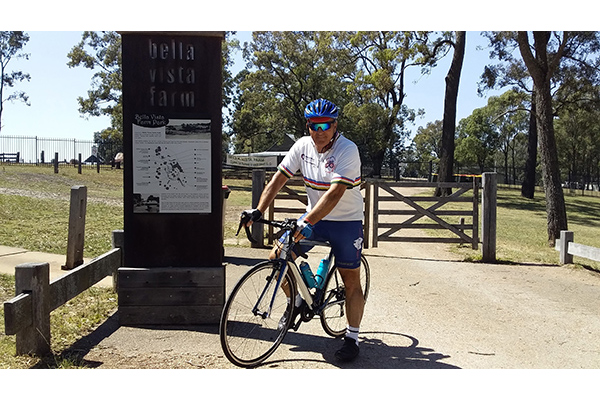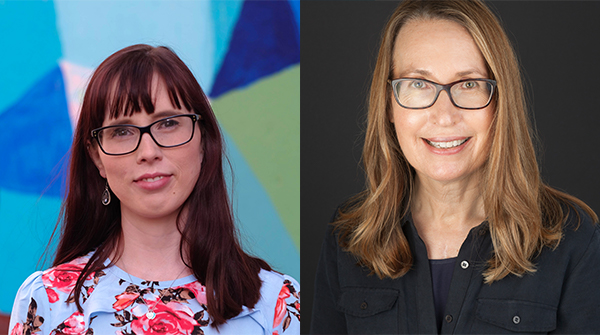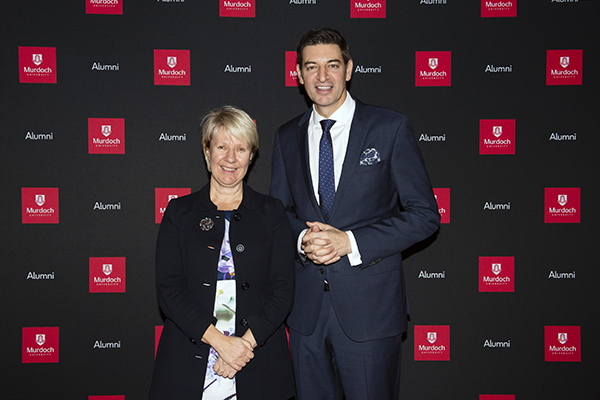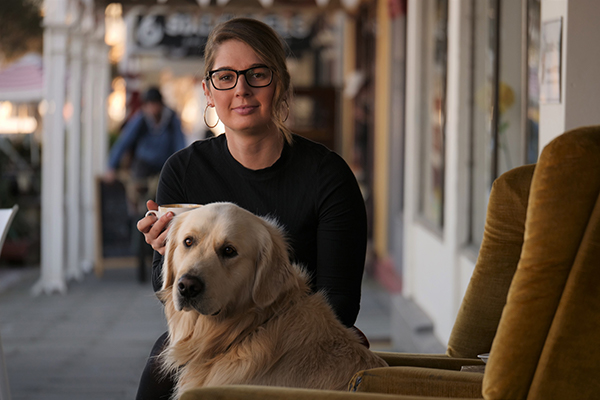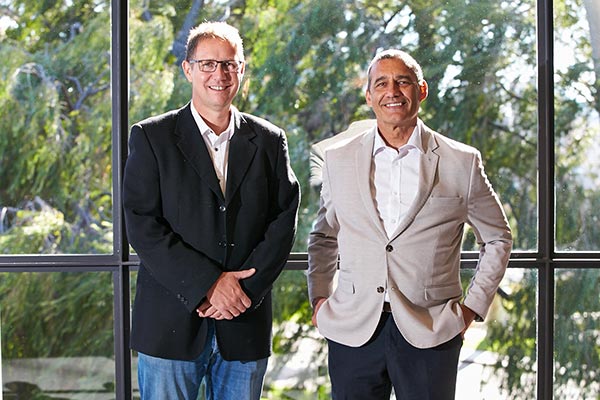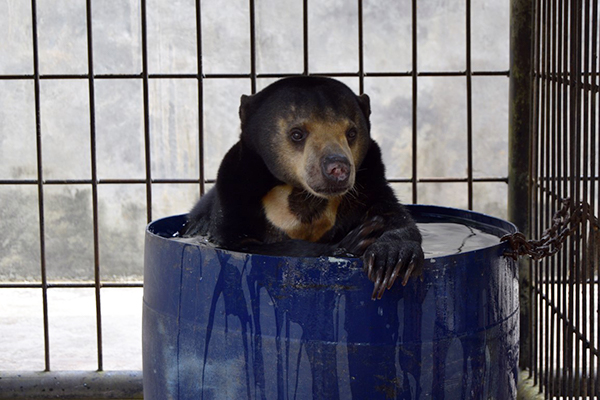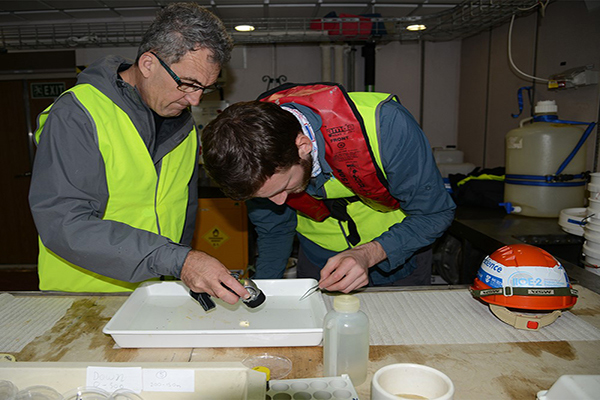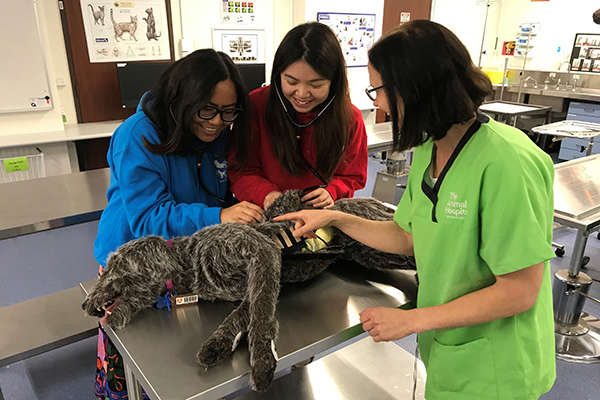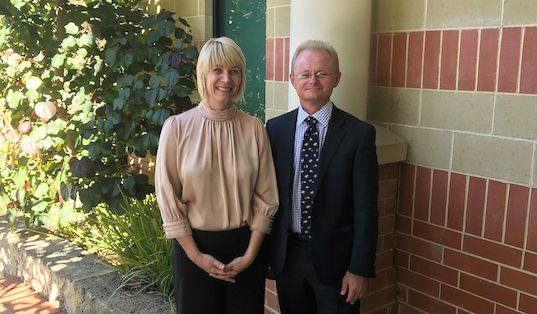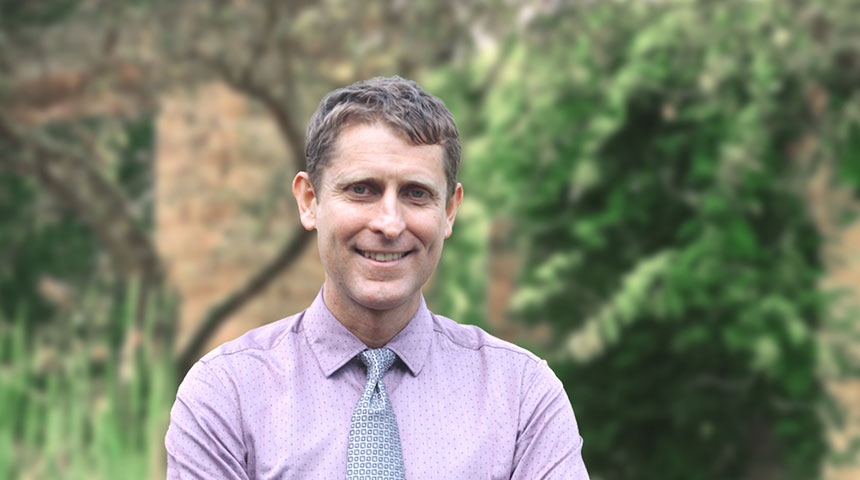
In the ever-evolving realm of animal welfare, Professor Andrew Knight has emerged as a leading global voice.
With two books, over 150 academic publications, and 80 popular articles to his name, Professor Knight's influence has shaped the way training is completed for veterinary students and as a result saved the lives of arguably thousands of animals.
Professor Knight's journey into the world of animal welfare began in the late 1990s at Murdoch University, where he embarked on a mission to become a veterinarian. During his years as an undergraduate, he observed the prevalence of harmful animal use within veterinary laboratories worldwide, particularly in surgery, physiology, biochemistry, and anatomy. Determined to transform training practices he regarded as outdated and unnecessary, Professor Knight set out on his long journey to revolutionise veterinary teaching methods.
Andrew’s efforts had an immediate impact and resulted in the establishment of a humane surgical program at Murdoch University. One of the program's key components was an animal shelter sterilisation initiative, wherein students were involved in sterilising homeless dogs and cats. This not only contributed to preventing pet overpopulation, but also provided students with invaluable surgical experience. The ripple effect of these pioneering proposals was felt far beyond the confines of the University, reshaping curricula in veterinary programs across Australia and fostering change throughout the global veterinary community.
Professor Knight's commitment to animal welfare and educational innovation soon garnered him a reputation as a leading figure in the field. Following nearly a decade of practicing veterinary medicine in and around London, he assumed the role of Associate Professor of Welfare and Ethics and Director of the Clinical Skills Laboratory at the Ross University School of Veterinary Medicine in the West Indies in 2013 – then the world's second-largest veterinary school.
From 2015 to 2023, Professor Knight held the position of Professor of Animal Welfare and Ethics and Founding Director of the University of Winchester Centre for Animal Welfare in the UK. Under his leadership, the centre grew to become Winchester's largest and most active research and knowledge exchange hub, achieving world-leading status within the animal welfare field.
Professor Knight's dedication to advancing animal welfare did not go unnoticed, earning him numerous awards and accolades. In 2017, he was honoured with a Fellowship of the Royal College of Veterinary Surgeons. The Society for Veterinary Medical Ethics bestowed upon him the Shomer award in 2019, recognizing his significant contributions to veterinary medical ethics. In 2020, he received the Humane Society Veterinary Medical Association Humane Achievement Award, alongside a Principal Fellowship of Advance HE, the highest level of professional recognition for educational leadership in the UK.
In his most recent research, which has received global attention, Prof. Knight has been examining the relative benefits for environmental sustainability of vegan diets for domestic dogs and cats. The pioneering and very new research exams how plant-based diets can benefit the animals but moreover, have a positive dramatic impact in terms of land use and reduction of some of the key contributing factors to climate change.
Professor Knight's impact transcends borders, as reflected in his extensive publications on animal welfare issues and diverse professional positions. He holds the distinction of being the first veterinarian to hold specialty qualifications in animal welfare in the UK, EU, US, and New Zealand. Over two decades, his approach has not only transformed veterinary training, but has also saved countless animal lives. His influence continues to shape the future of veterinary medicine, inspiring practitioners and educators to prioritise the well-being of animals in their pursuit of knowledge and skills and added impetus to the promotion of an ethical approach to the worldwide veterinary arena.
Q&A with Andrew
When did you decide you wanted to be a vet?
I was campaigning against Australia’s live sheep trade in the mid 1990s. This is one of the world’s foremost animal welfare problems, and most of the trade left from Fremantle. The campaigns were going well, but journalists kept asking me what I did for a living. I realised that answering ‘pizza delivery driver’ wasn’t effectively helping the animals. I strategized about which career would enable me to do the most good, and decided that the specialised knowledge I could gain as a veterinarian made it the best choice. After vet school I began as a practicing vet, and later became an animal welfare specialist. I’ve been enjoying reporting ‘what I do for a living’ in media interviews ever since.
How well is Australia positioned globally when it comes to its reputation and practice in animal welfare?
Sadly, Australia is not living up to its potential. As a highly developed, relatively wealthy nation with progressive social policies on a significant range of other issues, when compared to global norms, one would expect Australia to do better. However, it holds the world record for mammal extinctions, allows egregious industries such as the live sheep trade to continue, for profit, and is a leading per capita global producer of greenhouse gases, which are accelerating the current mass extinction event – the sixth since fossil records began. Such wholesale destruction of species is the gravest threat to animal welfare since the dinosaurs were wiped out, 65 million years ago. Australia has the wealth and resources to do much, much better.
Society quite rightly expects veterinarians to be leaders of evolving social standards on animal welfare, but too often they are followers. I’d like to see veterinarians recognise their potential to help animals much more widely than their own individual patients, and then to develop the moral courage to live up to that potential.
